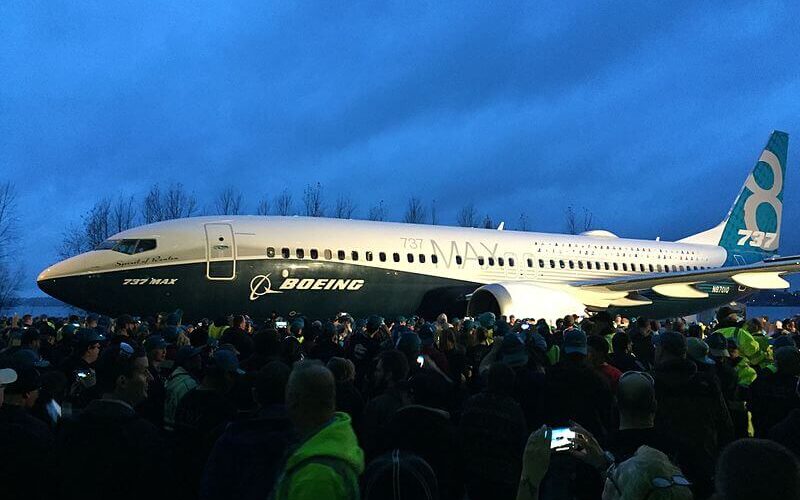An international committee, composed of nine aviation regulators, including the FAA and the EASA, will start their joint examination of the Boeing 737 MAX update by April 29, 2019.
Named the Joint Authorities Technical Review (JATR), the committee also includes aviation authorities from Brazil, Canada, China, United Arab Emirates, Indonesia, Japan, and Singapore, as well as NASA. Some of them had previously announced that they would require to actively participate in the review. Evaluating the modifications of the 737 MAX should take about 90 days.
The review, chaired by National Transportation Safety Board (NTSB) chairman Christopher Hart, will focus on the update of the Maneuvering Characteristics Augmentation System (MCAS) involved in both Lion Air and Ethiopian airlines crashes to “determine its compliance with all applicable regulations and to identify future enhancements that might be needed.”. It should also evaluate aspects of the 737 MAX automated flight control system, “including its design and pilots’ interaction with the system”.
The timescale comes as a setback for Boeing, which initially envisioned the review to begin in the first week of April 2019, hoping for its aircraft to take back to the skies for the summer season.
Meanwhile, at the FAA
A separate investigation is tasked of reviewing the initial certification process of the Boeing 737 MAX by the FAA. U.S. Transportation Secretary Elaine Chao named the four experts of the committee, according to Reuters:
NASA’s former aviation safety program director Amy Pritchett
Gretchen Haskins, chief executive of HeliOffshore, an expert in aviation safety and former U.S. Air Force officer.
Kenneth Hylander, chief safety officer at Amtrak and former senior safety executive at Delta and Northwest airlines
J. David Grizzle, chairman of the board of Republic Airways and former FAA chief counsel.
This committee is to look into the certification process of the Boeing 737 MAX 800 from 2012 to 2017.
The FAA has been under intense scrutiny following the two crashes. The certification of the Boeing 737 MAX dates back to a time of budget cuts for the administration, which may have led some of its managers to either sign off documents themselves or delegate it to Boeing. Moreover, it is suspected that the manufacturer was also trying to catch up on Airbus and its A320neo. “There wasn’t a complete and proper review of the documents,” a former FAA engineer is quoted saying by the Seattle Times. “Review was rushed to reach certain certification dates”.

